Get ready for your next PR interview
If you are not specialized in PR, handling press interviews can be overwhelming. It gets even worse if various people in your company could be interviewed. This article offers tips on how to handle such situation and keep a consistent communication.

Prepare a Q&A sheet
This is true if you are the one to be interviewed but it gets even more important if various people from your organization can talk to the press.
Preparing a Q&A sheet enables you to put everyone on the same channel and insure that the message is consistent across the whole company.
The Q&A should be a file that contains the most common questions a journalist is most likely to ask as well as tricky questions you should be prepared for.
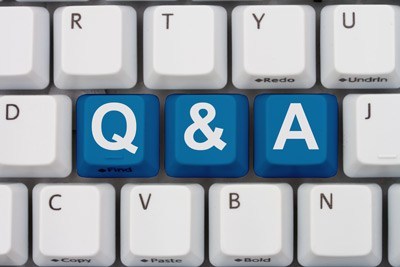
Since no-one likes to read pages of text, try to organize your thoughts efficiently with categories. Start with a company's background related questions.
- What is [YOUR COMPANY] doing?
- Why do you use this name/logo?
- Who are your customers?
- How many customers do you have?
- Etc.
You don't need to answer all the questions truthfully, but you should have a standard reply anyone asked could answer. For example, to the question "How many customers do you have?", since you might not want to answer the question, you could define the standard answer to be "What matters most to us is the satisfaction of our users, not the quantity of them. Currently, our surveys indicate a 95% satisfaction rate".
You can continue with another category such as "About the concept", containing questions such as:
- How does your service/product work?
- How do you ensure security / privacy / etc.?
Another section should cover your short term and long term plans along with your vision. You could cover questions such as:
- How do you reinvest your profits?
- What is your plan for the coming 12 months?
- Will you expand to another market?
All these questions might seem obvious to you but could be really tricky for certain people from your organization. Even if this sheet was for your personal use only, it is never a bad thing to try answering these questions in advance and prepare a proper set of answers to avoid being surprised or panicked the day someone ask them to you.
Once your Q&A sheet ready, share it with your people, make sure everyone reads it and understands it. Your next interview should go just fine!
Prepare a PR kit
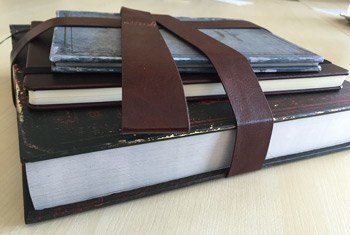
What's a PR Kit? In the old days we used to prepare folders or boxes containing leaflets, samples, business cards, presentations, etc. and give it to people from the press.
Hey! This is the 21st century!
Prepare a folder, host it on the cloud (dropbox, google drive, treasure it,... they all offer free versions, you have no excuse not to use them!), and populate it with the right info.
To be efficient, this folder should be properly organized and contain at least:
- a company factsheet (a few figures, company's history, timeline, products overview, profile of the COs, etc.)
- a few high-res photos to be used in articles
- your logo in high resolution
- your main products' catalogue
The way I personally do it is that I prepare what I call a "standard PR letter". This is a simple word document that contains links to the different folders mentioned above as well as my PR contact info (name, email, phone & website).
Whenever I write a press release, I would add this section at the end of the document so that journalists can access all the files they might need to complete their article.
Get your official numbers ready

You have to know that journalists love numbers. That's how most people can evaluate your value and compare you to your competitors.
Identify the numbers you are willing to give (number of offices you have, number of products, number of users, etc.) and those you'd rather not share (turnover, number of sales, etc.) and quantify them. That will become very handy - if different people use different numbers, you don't want to look totally inconsistent across media.
Remember to download a good media coverage tracking template to record and measure all your media coverage, track your progress and improve over time.
These three tips should give you a good start to insure consistent and positive press coverage. Now, you only need to get the media to talk about you! Luckily, by reading "5 rules for those new to PR: how to pitch media and sell stories?" you should find all the tips that will bring you there!
Last update: 2024-04-23 Tags: pr interview faq media pr kit





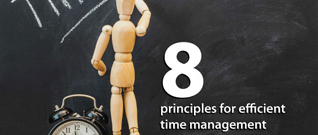
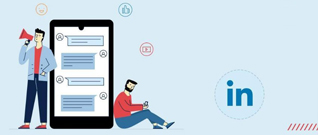


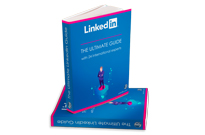
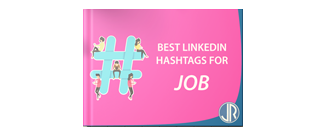

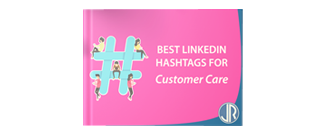

 Français
Français English
English